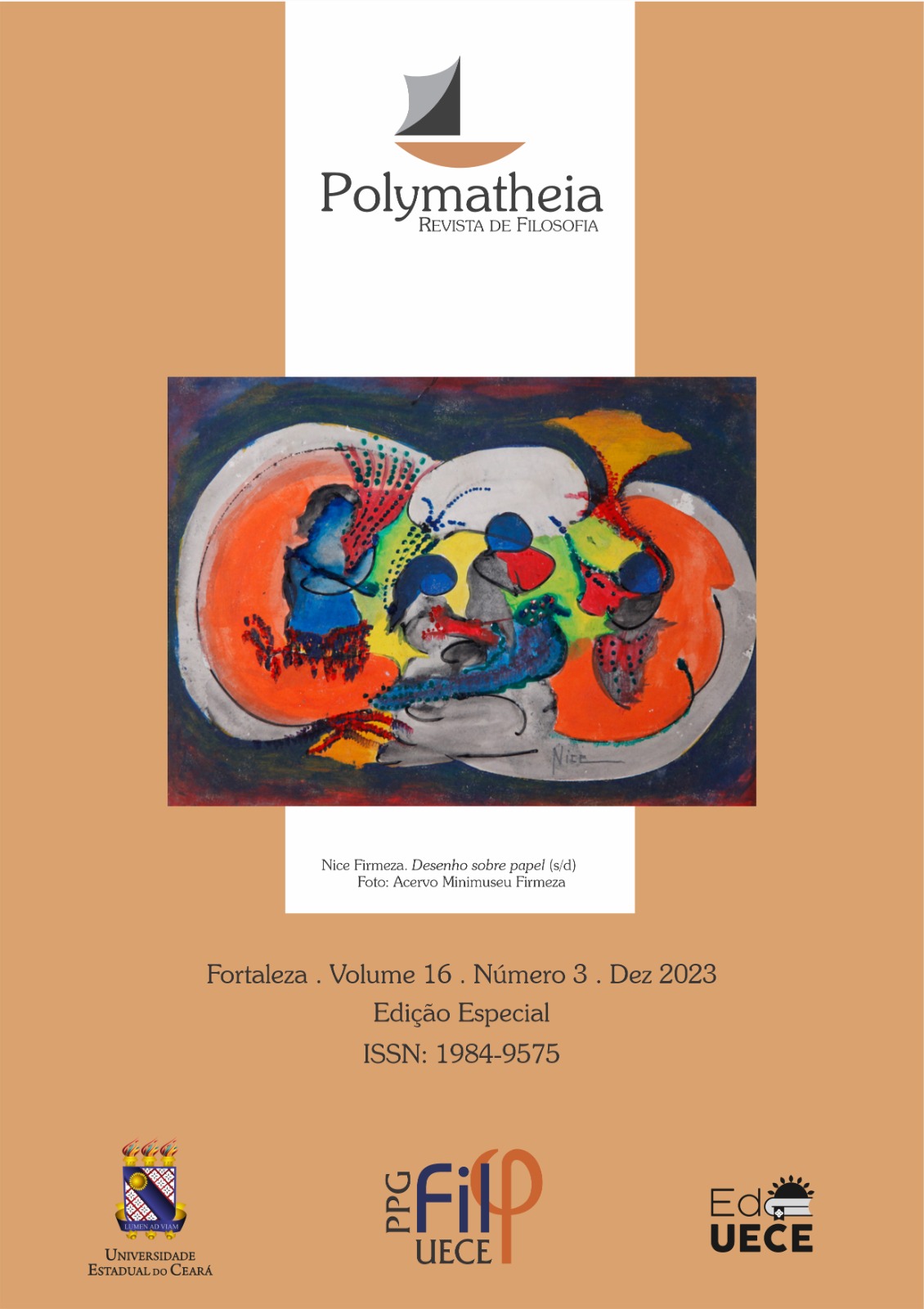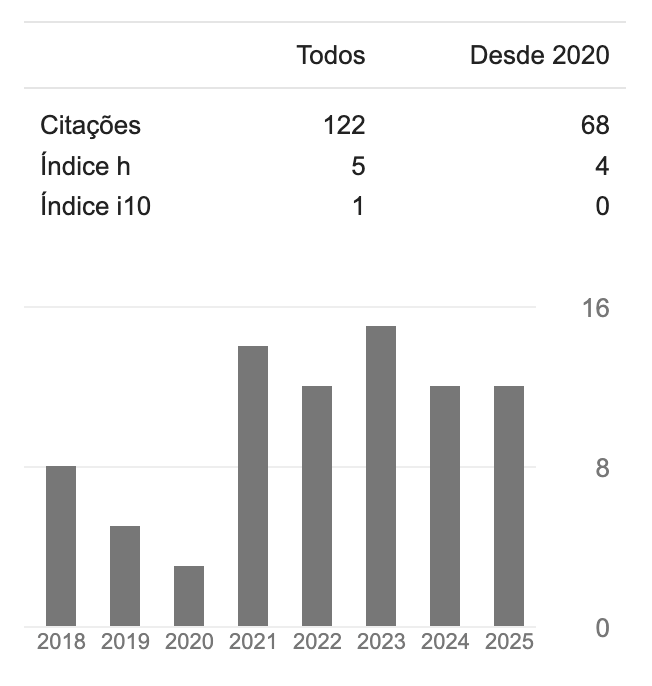PARTICULARITY AND UNIVERSALITY IN HEGEL’S CONCEPT OF CIVIL SOCIETY
Keywords:
Civil Society, Ethics, RightAbstract
The fundamental objective of this article is to trace, systematize and explain the fundamental categories of Hegel's concept of Civil Society, based on the intrinsic relationship between the particularity and universality of internal philosophical nuances, typical of the subtlety of Hegelian dialectical thought. The central question revolves around Hegel's proposal for the effectiveness of ethics, through law, in this fundamental work, Principles of the Philosophy of Law. We seek, in this work, to demonstrate how Civil Society appears in this work as a crucial moment in the exercise of freedom, although this moment, in the work as a whole, still represents, in philosophical terms, the second moment to reach the true meaning of freedom. full ethics, which will only occur in the State.
Downloads
References
CHAGAS, E. F. Introdução ao pensamento político de Hegel. Fortaleza: UFC/NEPS/Programa de Pós-Graduação em Sociologia, 1998. - 35p. (Série Estudos e Pesquisas, 36).
HEGEL, G. W. F. Linhas fundamentais da filosofia do direito, ou, Direito natural e ciência do estado em compêndio. Tradução Paulo Meneses…[et al.]. - São Leopoldo, RS; Ed. UNISINOS, 2010.
SOARES, Marly Carvalho. Sociedade civil e sociedade política em Hegel. - 2ª edição. - Fortaleza: EdUECE, 2009.
WEBER, Thadeu. Hegel: liberdade, estado e história. Petrópolis, RJ: Vozes, 1993.
Downloads
Published
How to Cite
Issue
Section
License
Copyright (c) 2023 Marcos Antônio Bezerra Lima

This work is licensed under a Creative Commons Attribution 4.0 International License.











